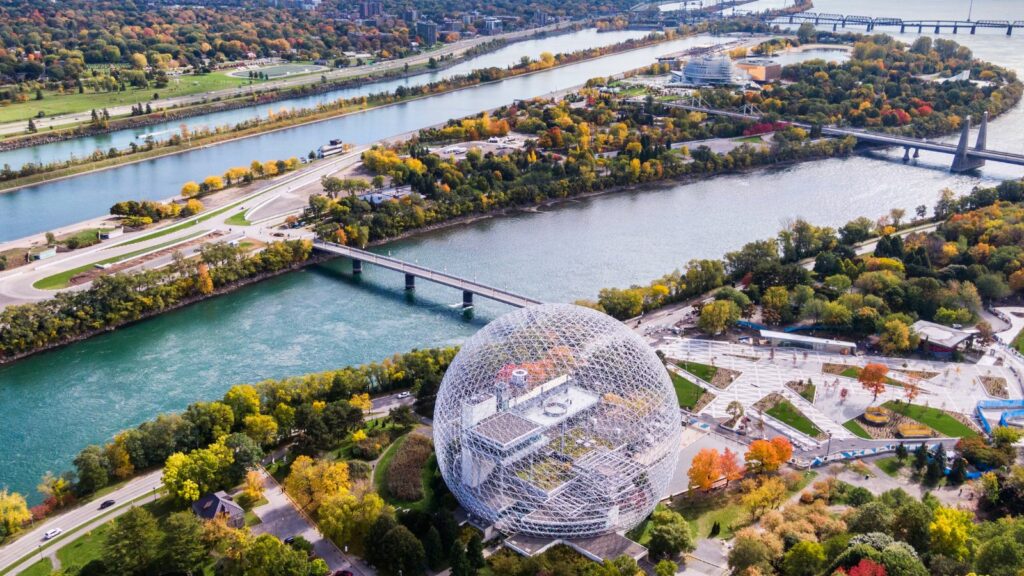Across Canada, a quiet revolution is happening at the community level. From eco-initiatives to tech-driven solutions, small towns and cities are showing that resilience, innovation, and collaboration can lay the foundation for a brighter future. These communities are rethinking sustainability, revitalizing economies, and creating models that others are beginning to follow. Here are 24 Canadian communities that are building the future from the ground up.
Guelph, Ontario
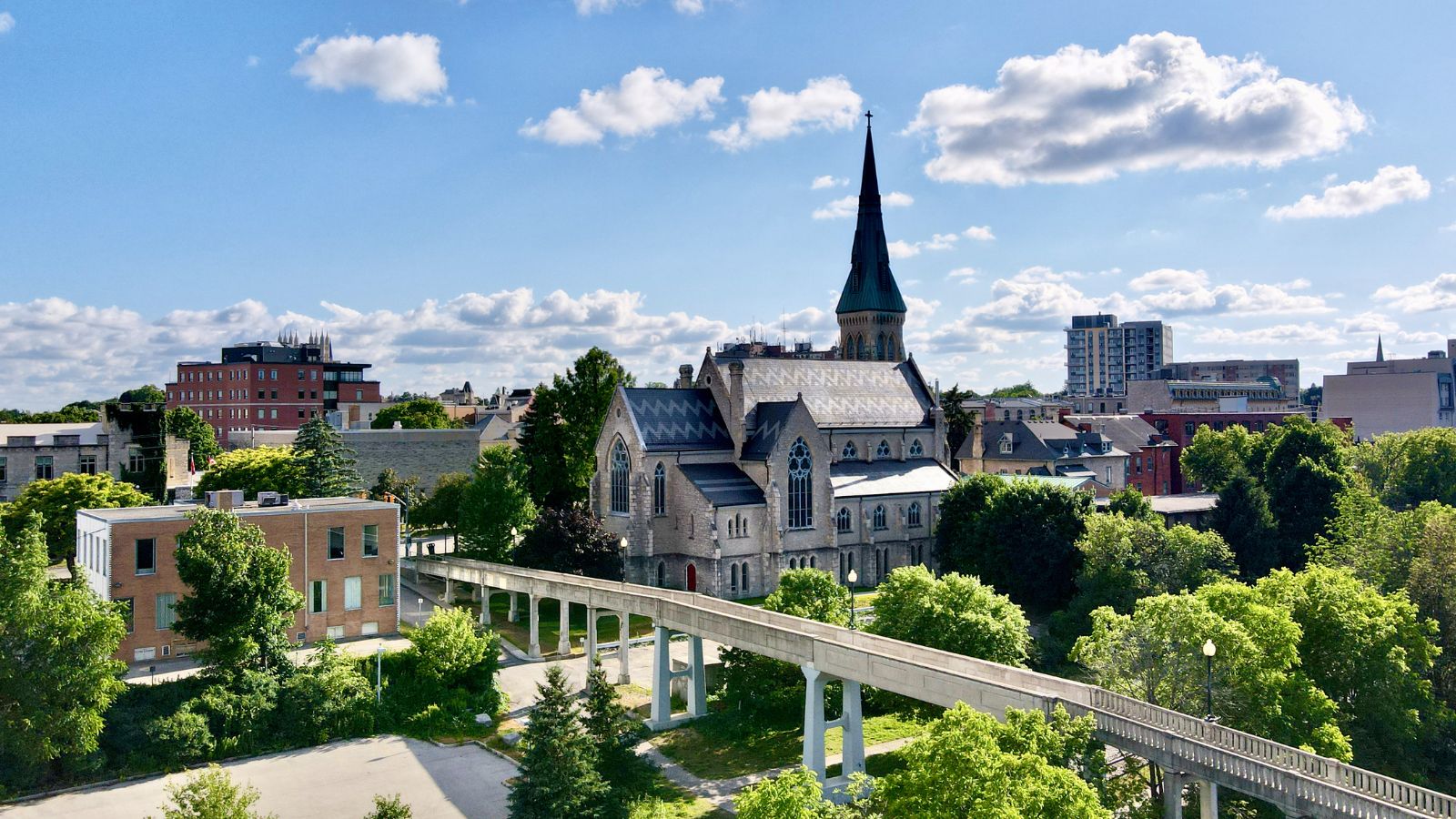
Guelph has long championed sustainability and food innovation. The city is home to Canada’s Smart Cities Challenge winner, with a focus on creating a circular food economy that reduces waste and increases access to healthy food. Collaborating with local farms, startups, and universities, Guelph is transforming how communities approach agriculture, food security, and climate action. Its vision is bold and scalable, showing how mid-sized cities can lead nationally in progressive change.
Saanich, British Columbia
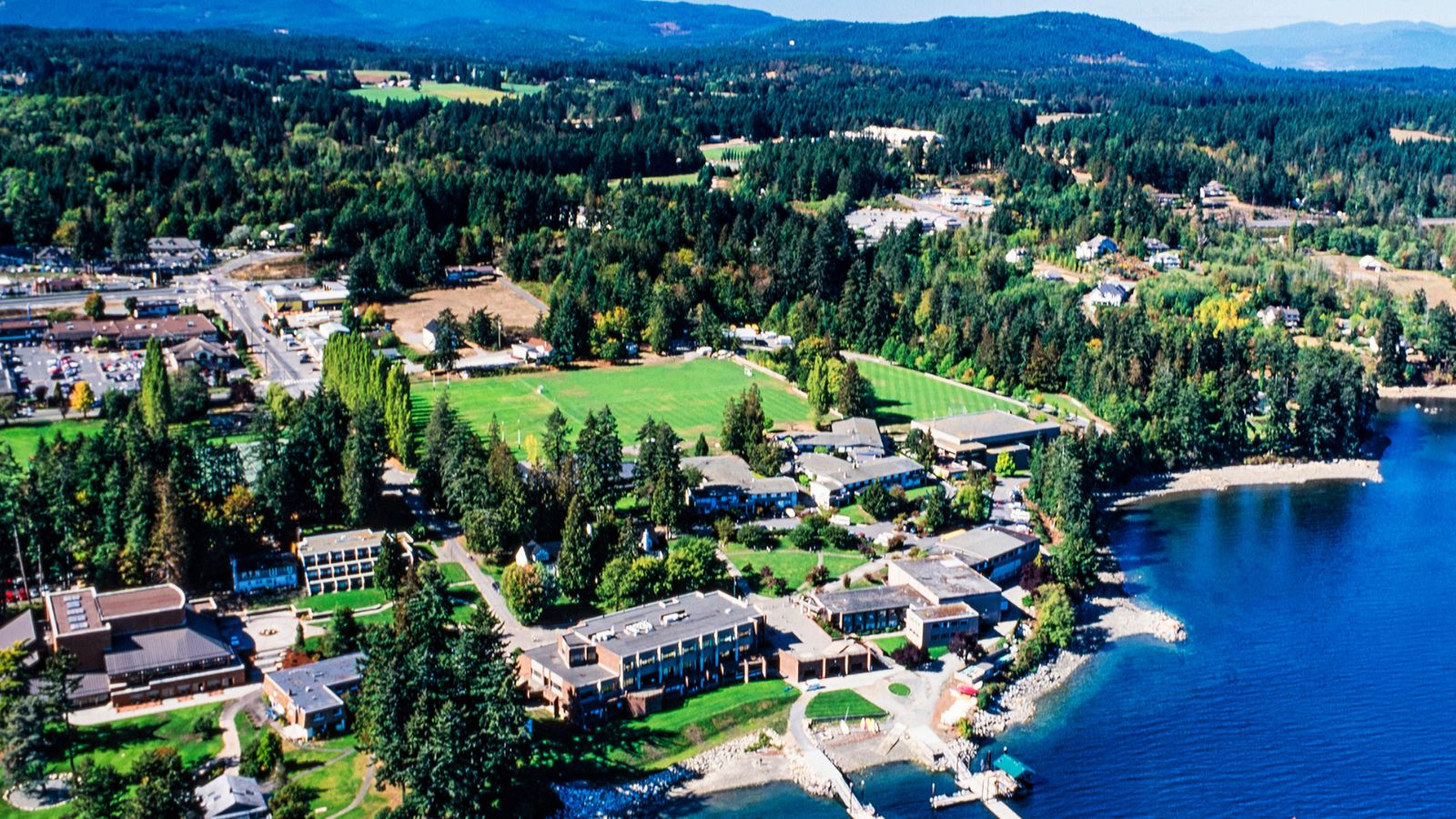
On Vancouver Island, Saanich has become a leader in climate adaptation and green building practices. Through its award-winning Climate Plan, the municipality is advancing net-zero goals, retrofitting homes, and expanding green transportation infrastructure. It also encourages community gardens, native landscaping, and local biodiversity protection. Saanich’s success lies in engaging residents directly, making the transition to a greener future both inclusive and achievable.
Halifax, Nova Scotia
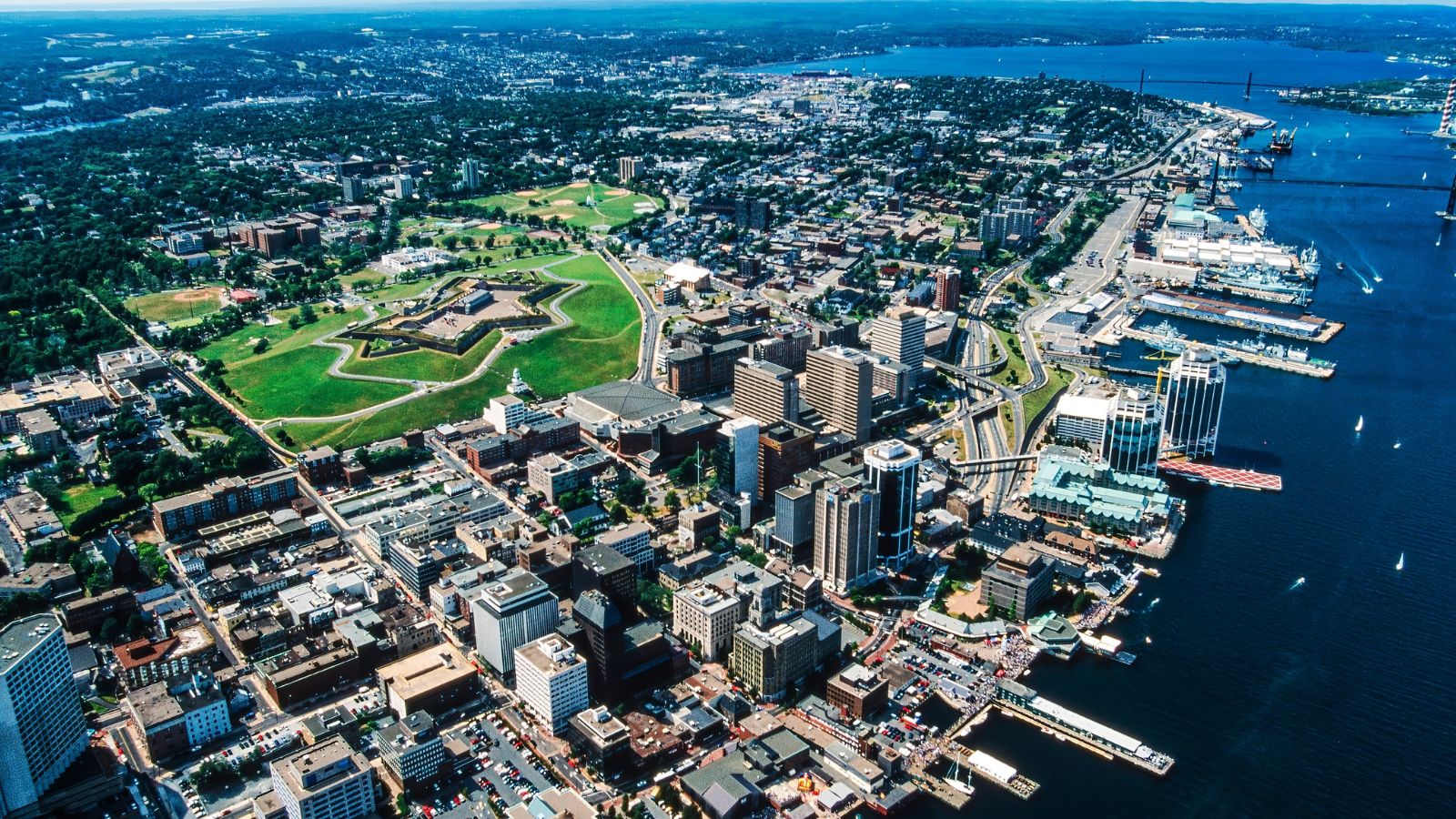
Halifax is embracing its identity as a growing tech and ocean economy hub. The city is attracting young entrepreneurs and businesses in clean tech, marine research, and digital innovation. Its public-private partnerships and investment in smart infrastructure make it one of Atlantic Canada’s most forward-thinking urban centers. Halifax proves that historic cities can modernize without losing their cultural heritage.
Canmore, Alberta
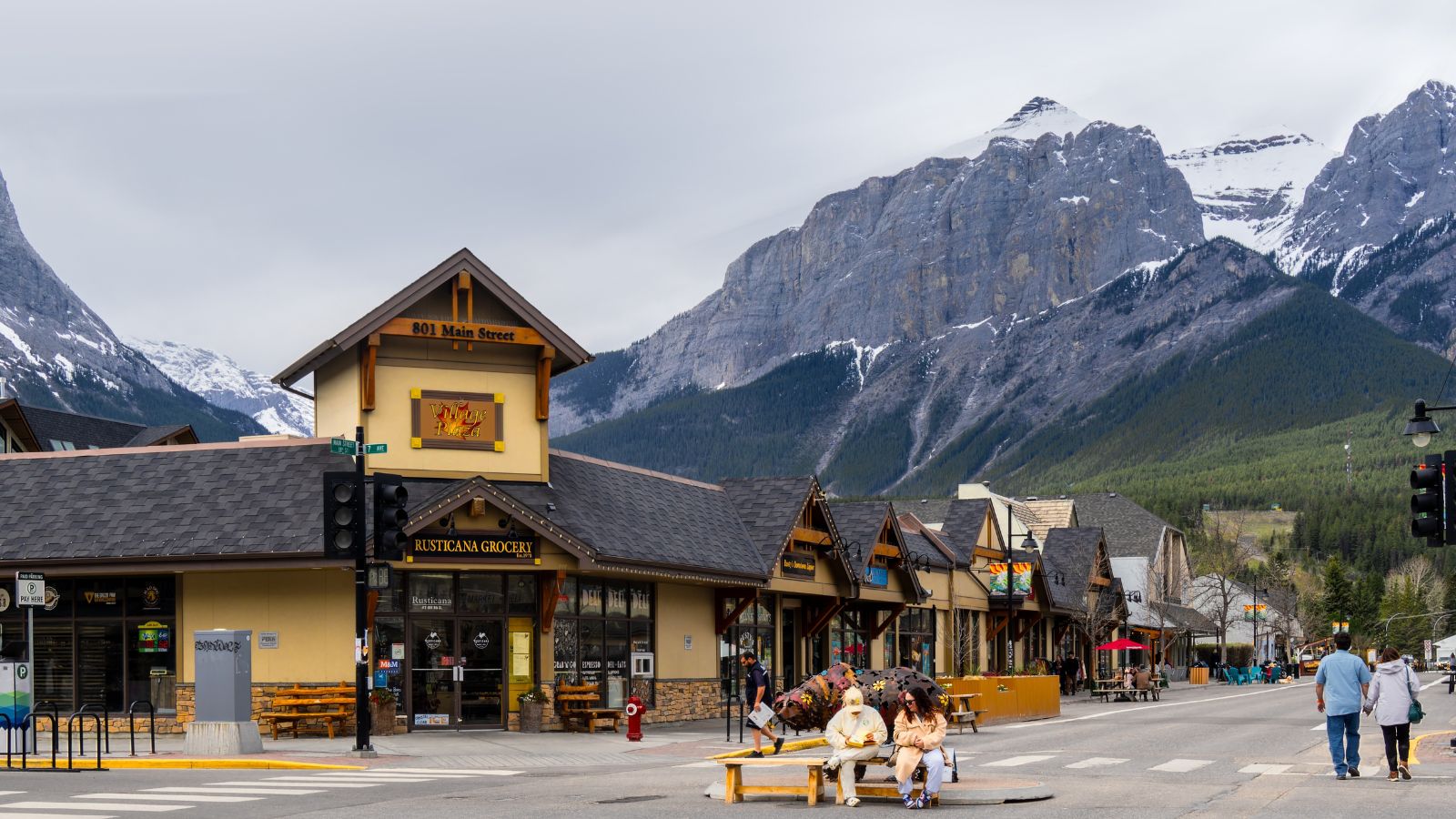
Once known solely as a tourist destination, Canmore is now redefining what small-town innovation looks like. The town is pioneering low-impact development, energy-efficient housing, and community-led sustainability projects. It’s also making waves in affordable housing by implementing creative zoning and cooperative housing models. Nestled in the Rockies, Canmore balances environmental stewardship with the challenges of growth and climate resilience.
Charlottetown, Prince Edward Island
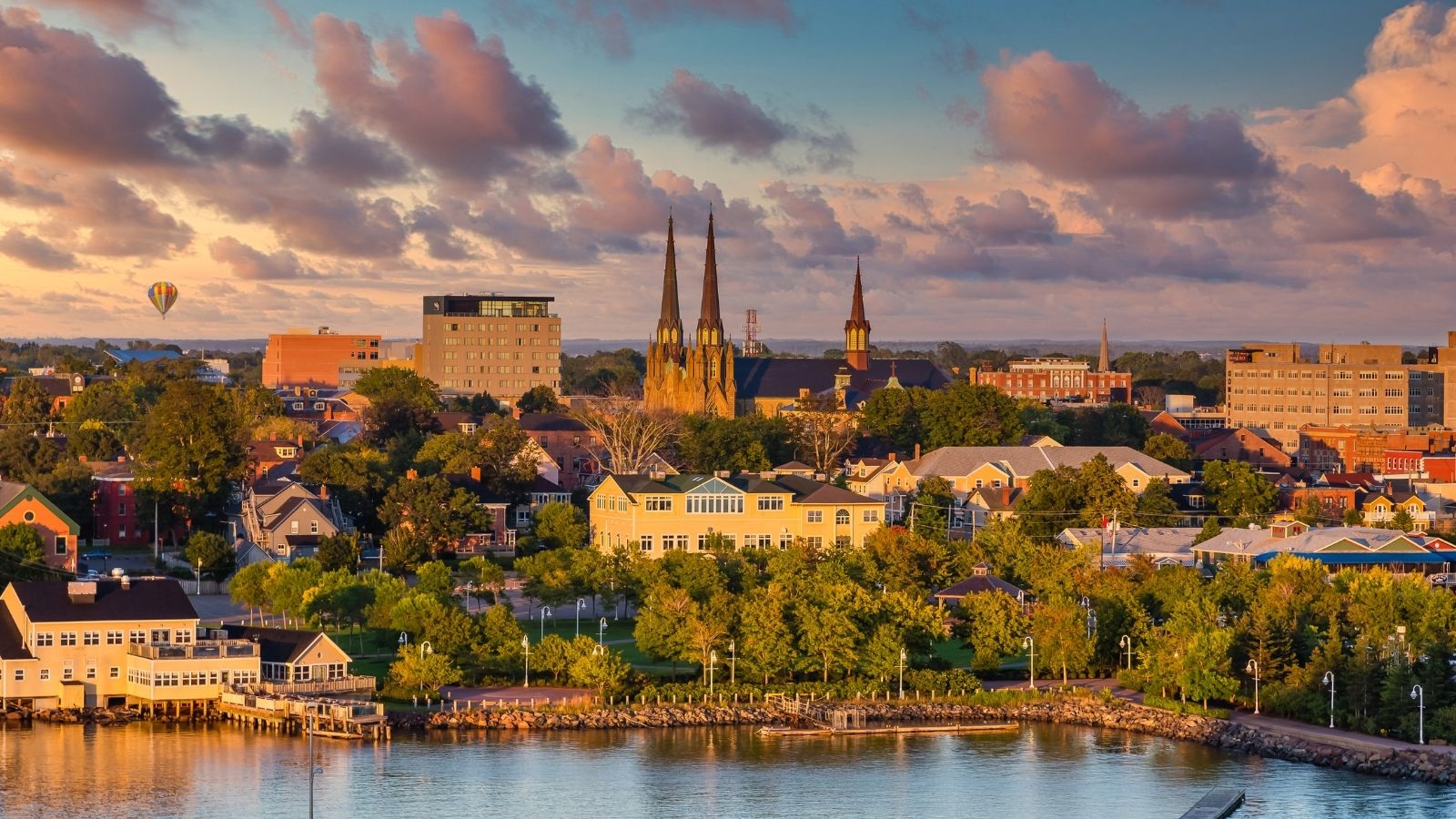
Charlottetown is cultivating a tech startup scene while maintaining a close-knit community feel. Local colleges, incubators, and government programs support entrepreneurs in agri-tech, renewable energy, and digital platforms. It’s also invested heavily in improving broadband access across the province, ensuring rural communities stay connected. PEI’s capital is demonstrating how small, resourceful cities can punch well above their weight.
Whitehorse, Yukon
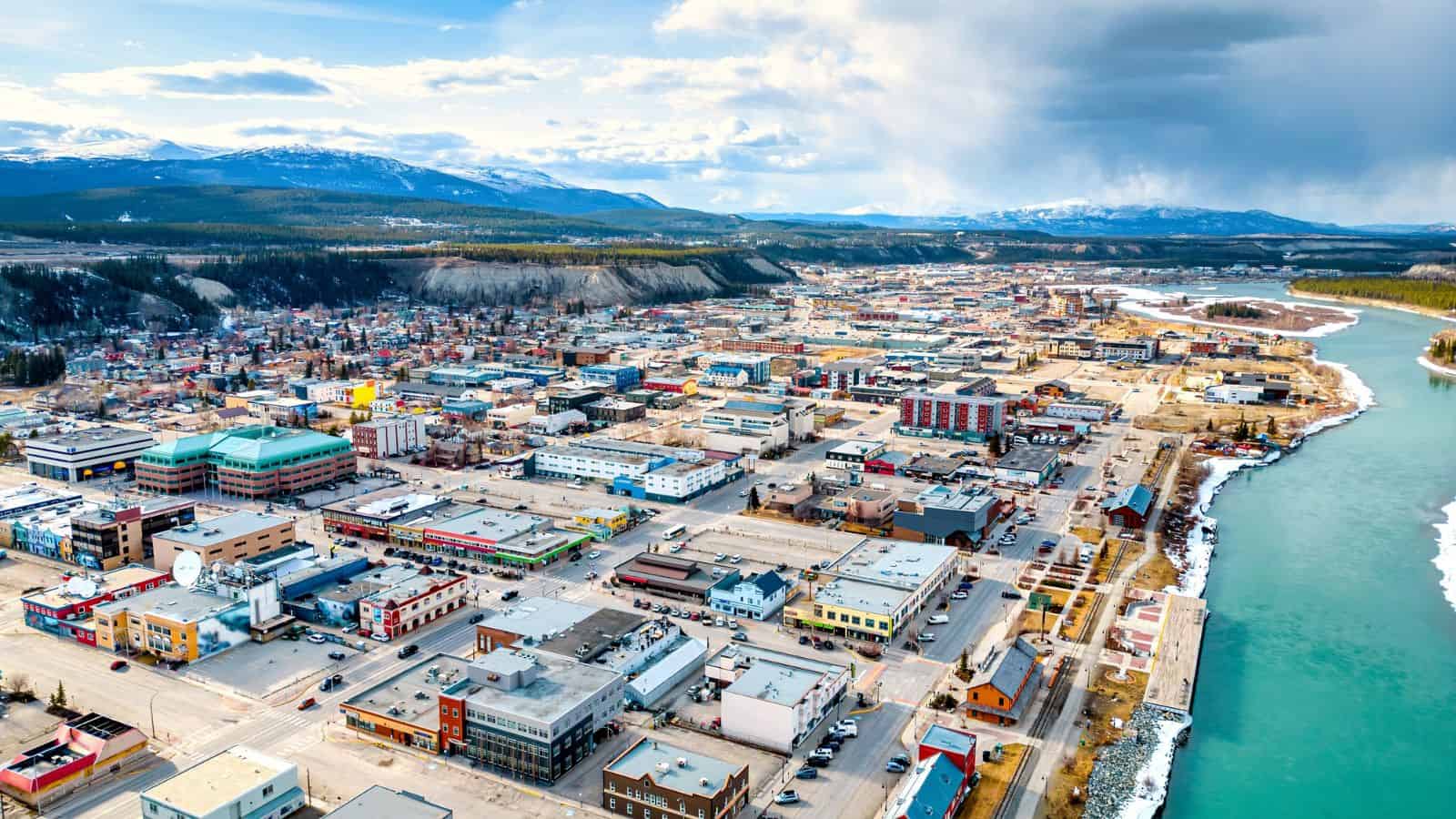
Whitehorse is leading northern innovation through sustainable infrastructure, cultural investment, and Indigenous collaboration. The city has adopted green building codes and renewable energy projects suited to its unique climate. It’s also a hub for creative industries and tourism tied closely to Indigenous knowledge and stewardship. Whitehorse is proving that remoteness can be a catalyst for inventive, community-led progress.
Stratford, Ontario
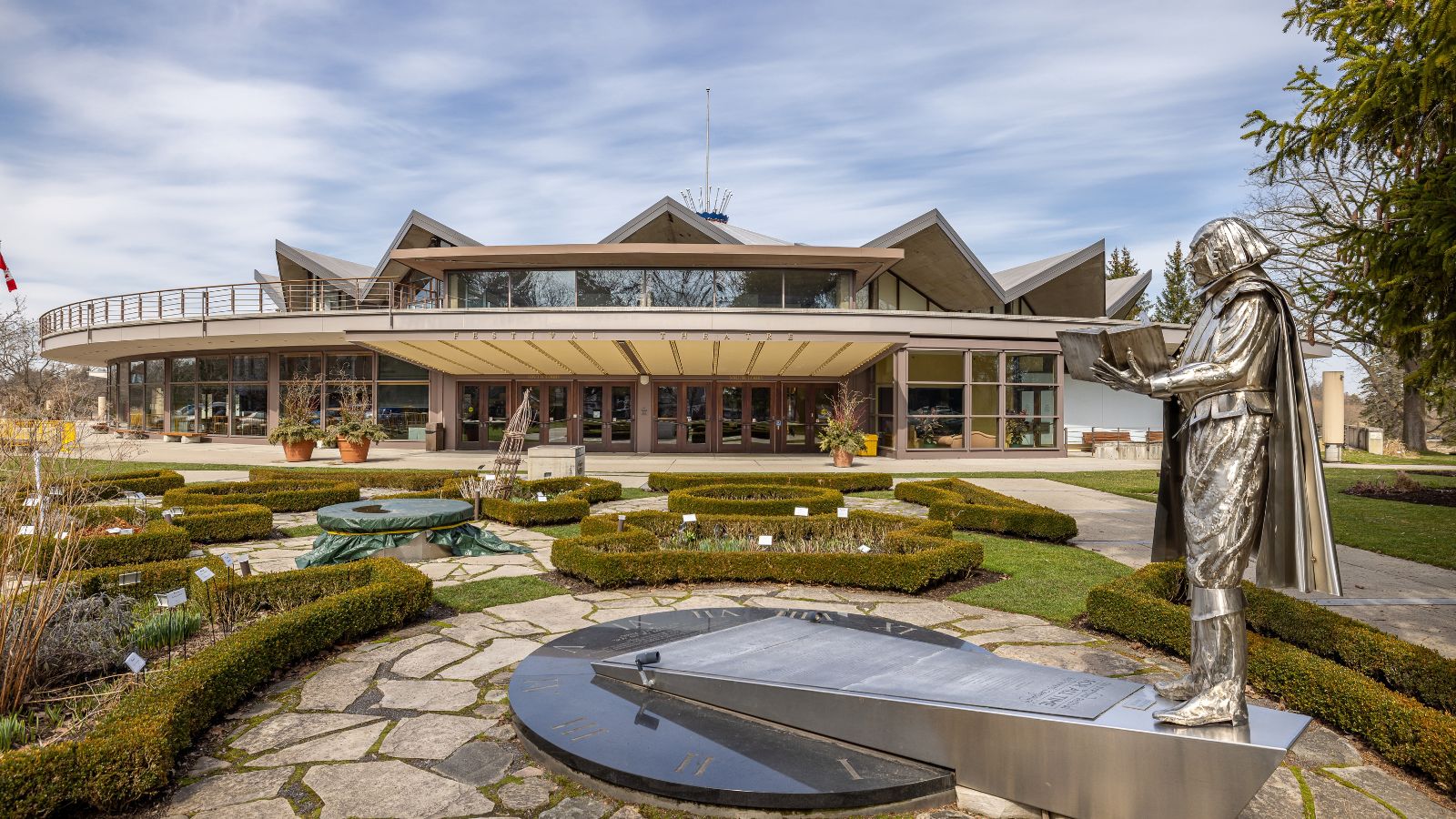
Known for its world-class theatre scene, Stratford is also making waves in the digital sphere. The city has invested in smart city technologies, autonomous vehicle testing, and high-speed connectivity. It’s fostering a new wave of tech education, with coding programs in schools and partnerships with post-secondary institutions. Stratford illustrates how arts and innovation can grow hand-in-hand in a mid-sized community.
Yellowknife, Northwest Territories
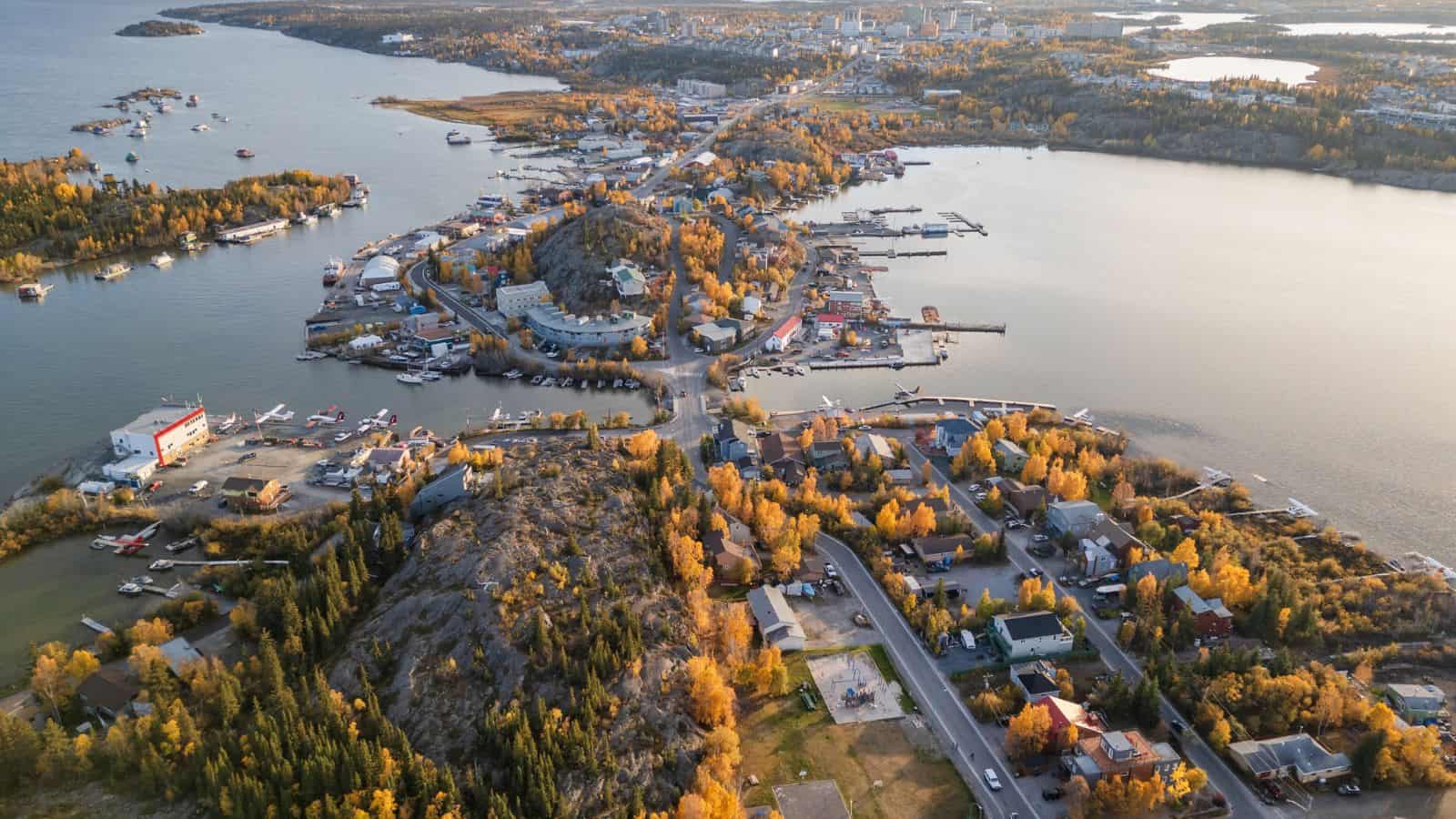
Yellowknife is setting examples in renewable energy adoption and remote healthcare innovation. The city supports district heating initiatives and solar power projects to reduce reliance on diesel fuel. It’s also home to digital health pilots that provide better care to outlying communities. Yellowknife is showing that northern cities can lead in technology, wellness, and environmental stewardship despite logistical challenges.
Kelowna, British Columbia
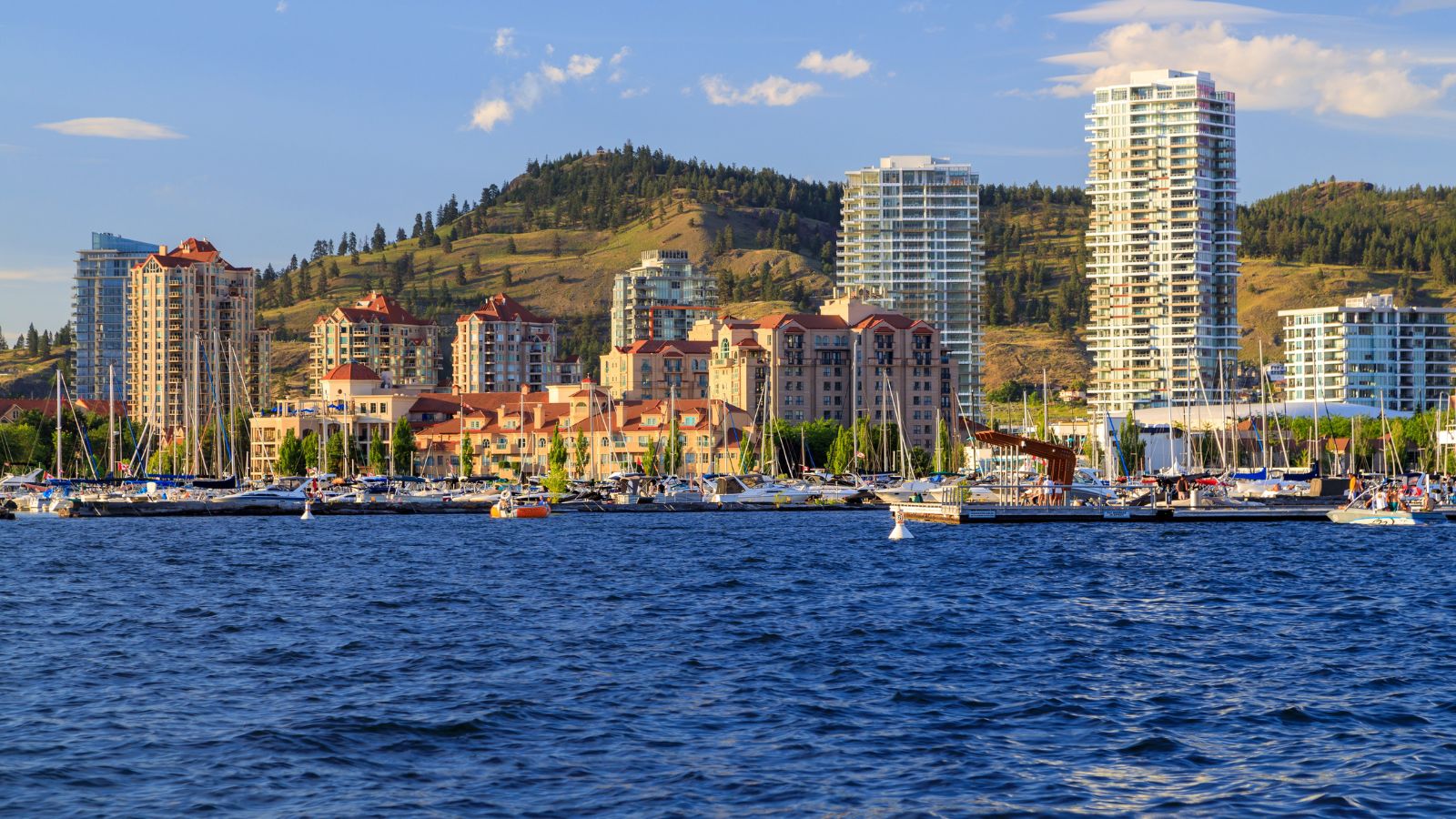
Kelowna’s fast-growing tech sector is transforming the Okanagan Valley. With numerous startups, accelerators, and co-working spaces, the city is becoming a magnet for young talent. At the same time, it’s investing in green transportation, including one of Canada’s first e-scooter networks. Kelowna strikes a balance between economic growth, environmental consciousness, and a high quality of life.
Montréal, Quebec
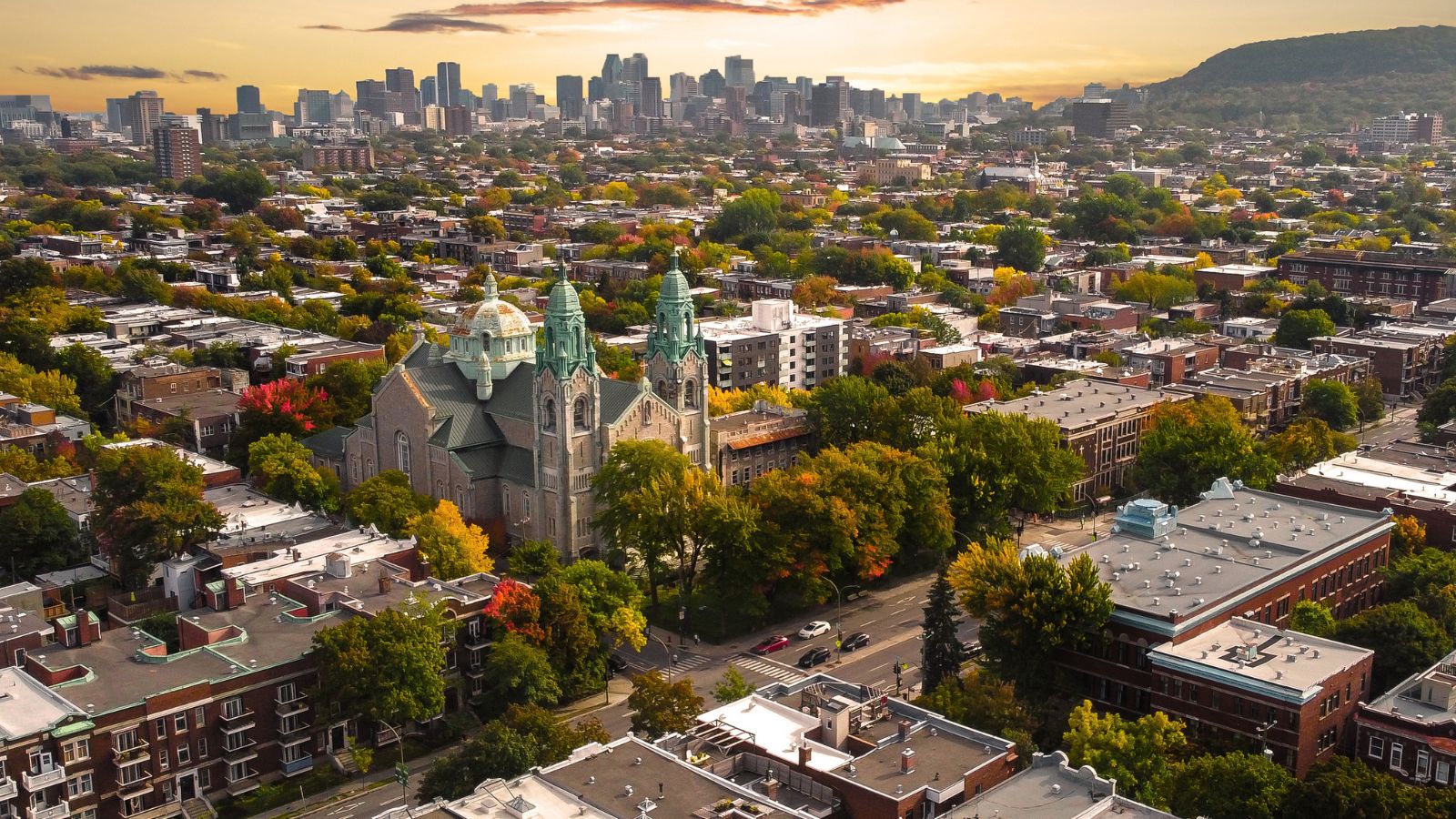
Montréal continues to be a leader in urban innovation and cultural revitalization. Its Quartier de l’Innovation is home to creative and tech startups, while the city expands green space and bike infrastructure to meet sustainability targets. With strong community engagement and policy support, Montréal blends history, diversity, and progressive thinking. The city’s model encourages grassroots action as much as institutional investment.
Saint John, New Brunswick
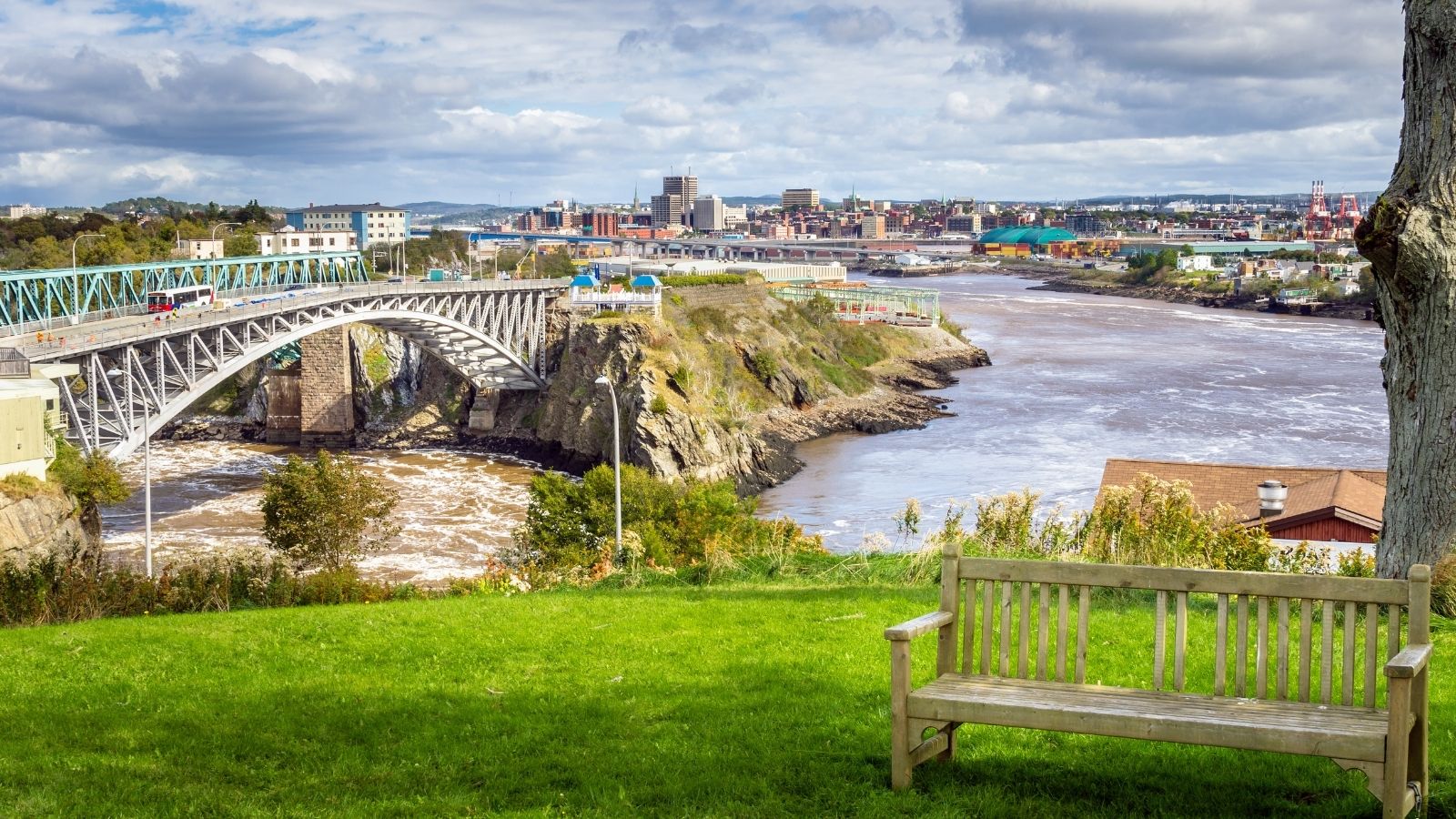
Saint John is reinventing its port city identity by investing in clean tech and waterfront redevelopment. With a focus on job retraining, green economy skills, and heritage preservation, the city is attracting new industries while honouring its past. Collaboration between schools, nonprofits, and business leaders fuels this transformation. It’s an inspiring example of economic renewal through community grit.
Iqaluit, Nunavut
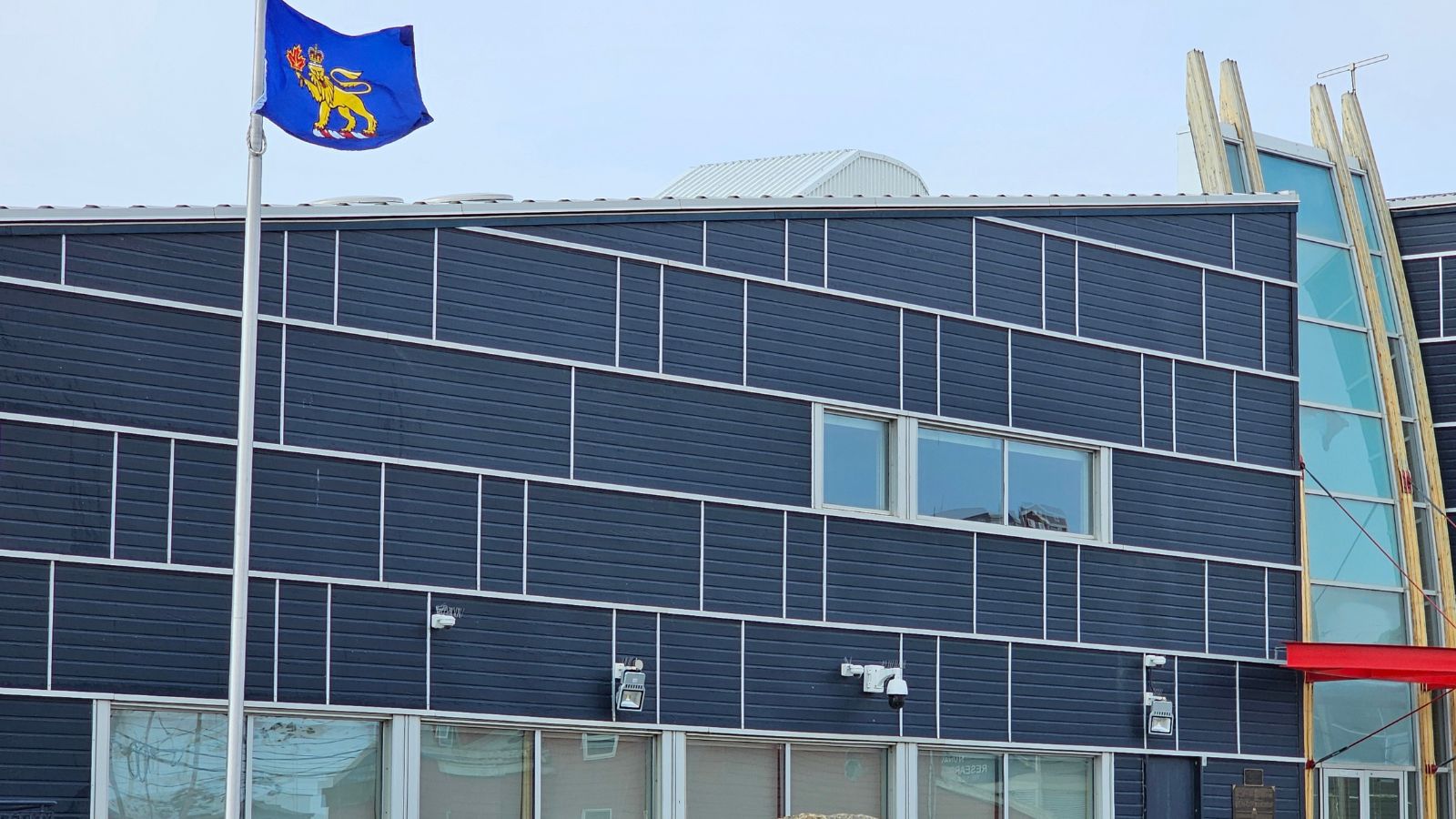
Iqaluit is tackling infrastructure and food security challenges head-on with creativity and cultural integrity. Local initiatives support hydroponic food production, Indigenous entrepreneurship, and sustainable housing suited for Arctic conditions. The community-led approach ensures solutions are adapted to local needs and traditions. Iqaluit reminds us that the future must be inclusive of all geographies and cultural perspectives.
Waterloo, Ontario
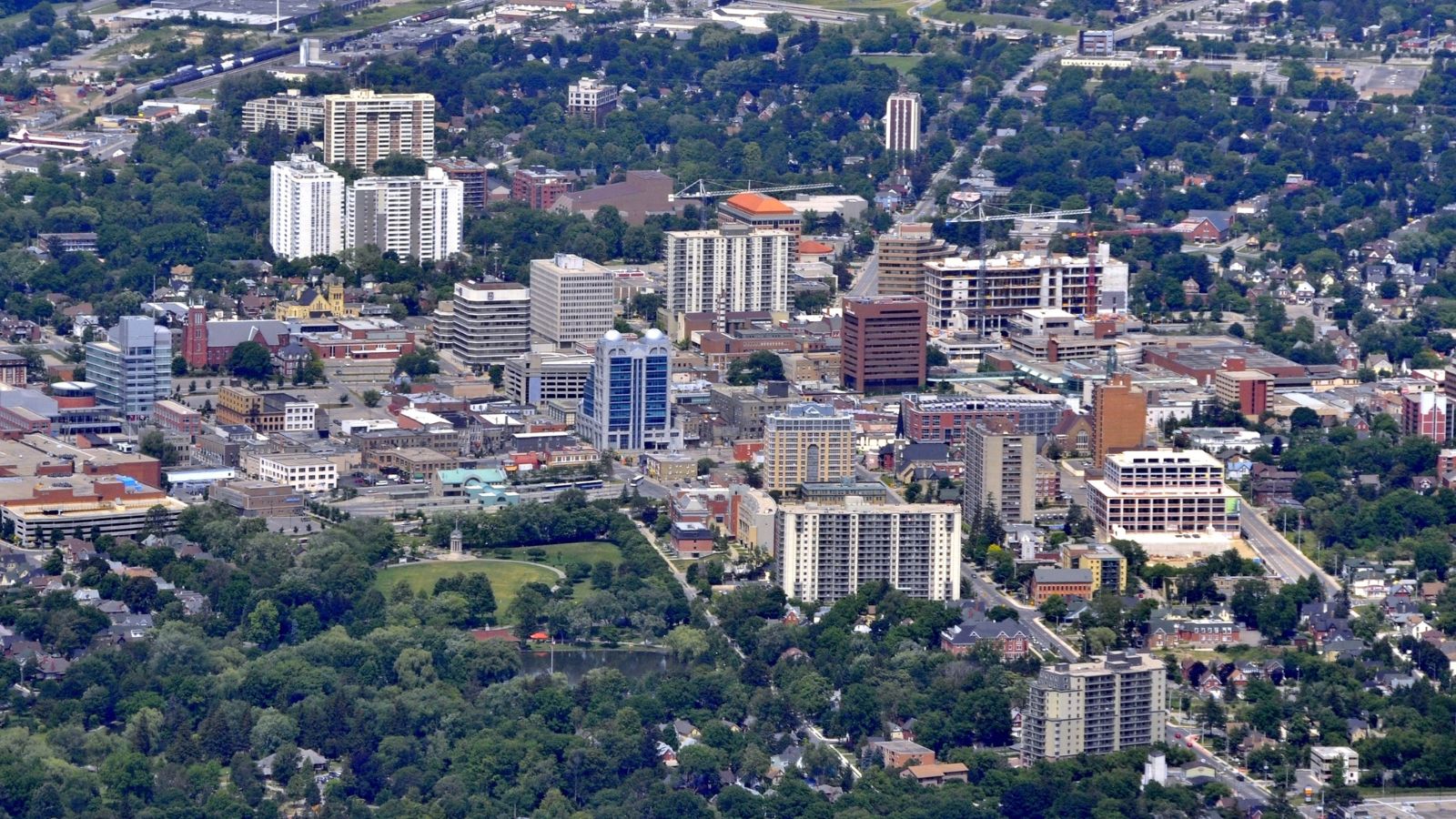
Waterloo remains a Canadian tech powerhouse, but its true strength is in collaboration. The city’s ecosystem links researchers, students, businesses, and community groups in a way that fosters constant innovation. Urban planning includes smart growth strategies and sustainability benchmarks. Waterloo is proving that a city can be both a tech hub and a model for livable, future-oriented design.
Saguenay, Quebec
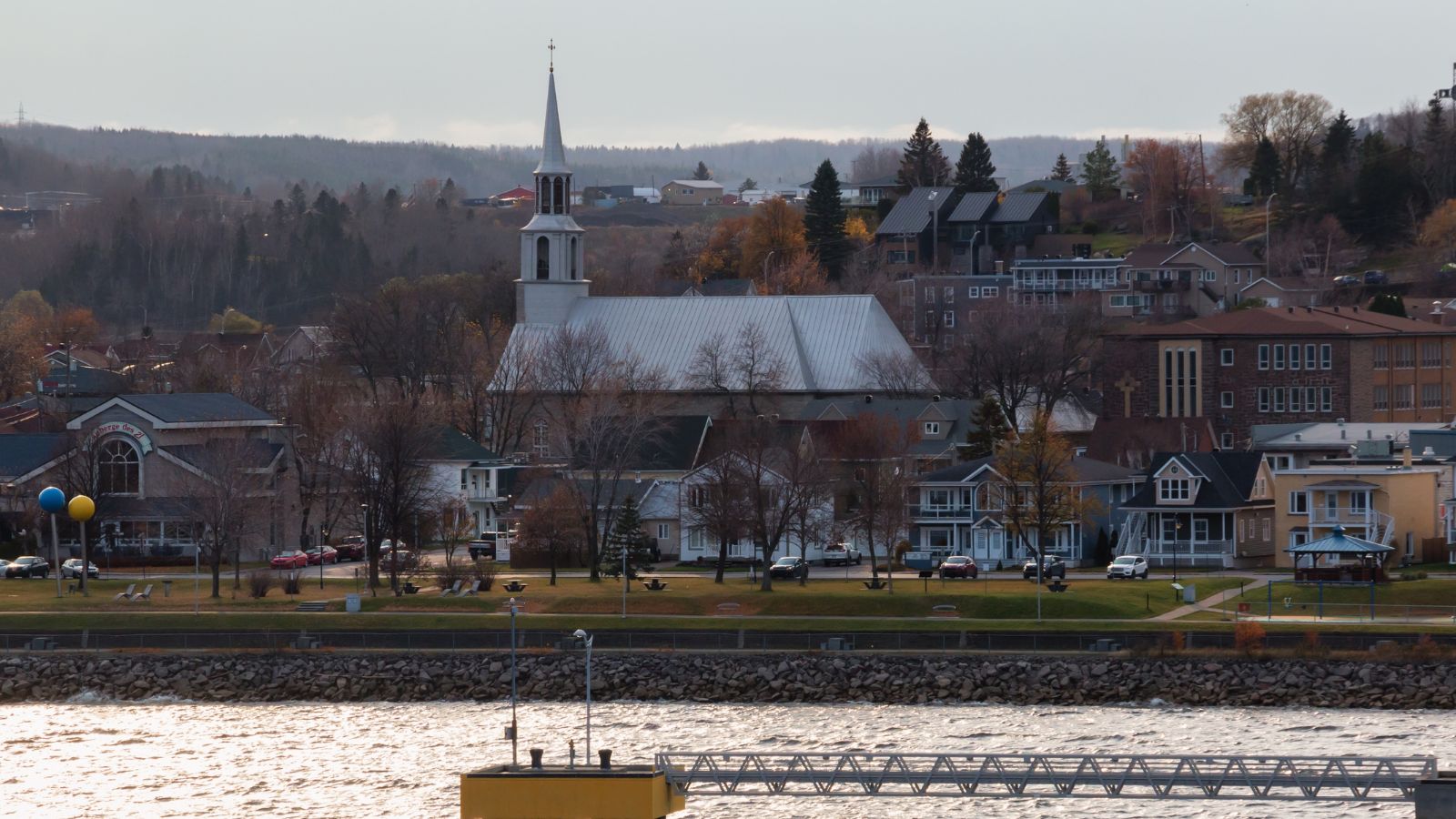
Saguenay is embracing green manufacturing and clean energy production as part of its economic diversification. From wind power investments to innovative forestry practices, the region is blending tradition with progress. It’s also cultivating a strong arts and education culture to retain youth and attract new families. Saguenay offers a compelling story of reinvention rooted in community resilience.
Corner Brook, Newfoundland and Labrador
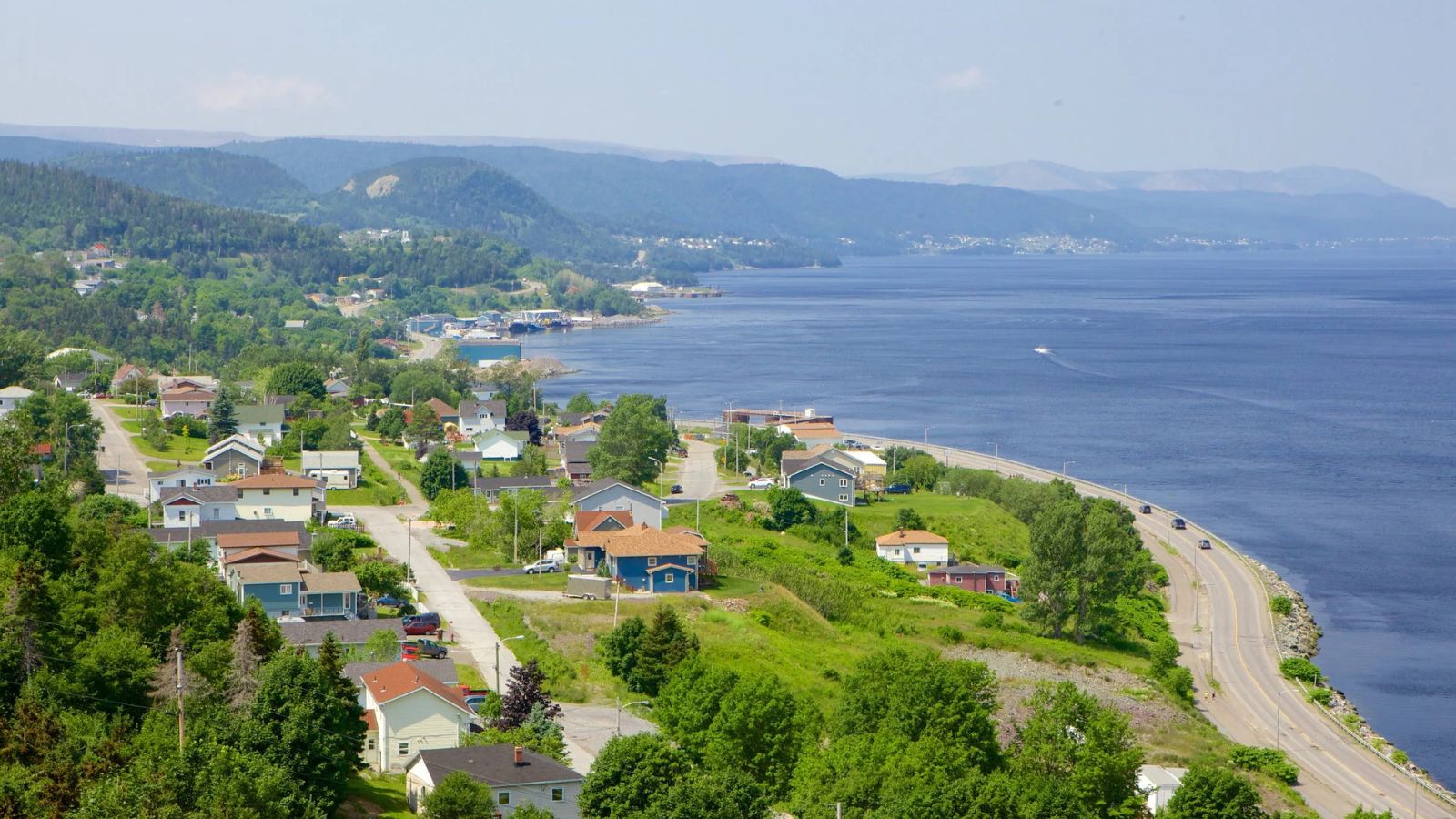
Corner Brook is breathing new life into its economy through cultural tourism and environmental conservation. Initiatives like trail development, eco-education, and small-scale energy projects are revitalizing this coastal town. It’s a model for rural communities looking to sustain themselves through heritage, innovation, and environmental pride. Residents here are actively involved in shaping their town’s direction, proving the power of local voice.
Markham, Ontario
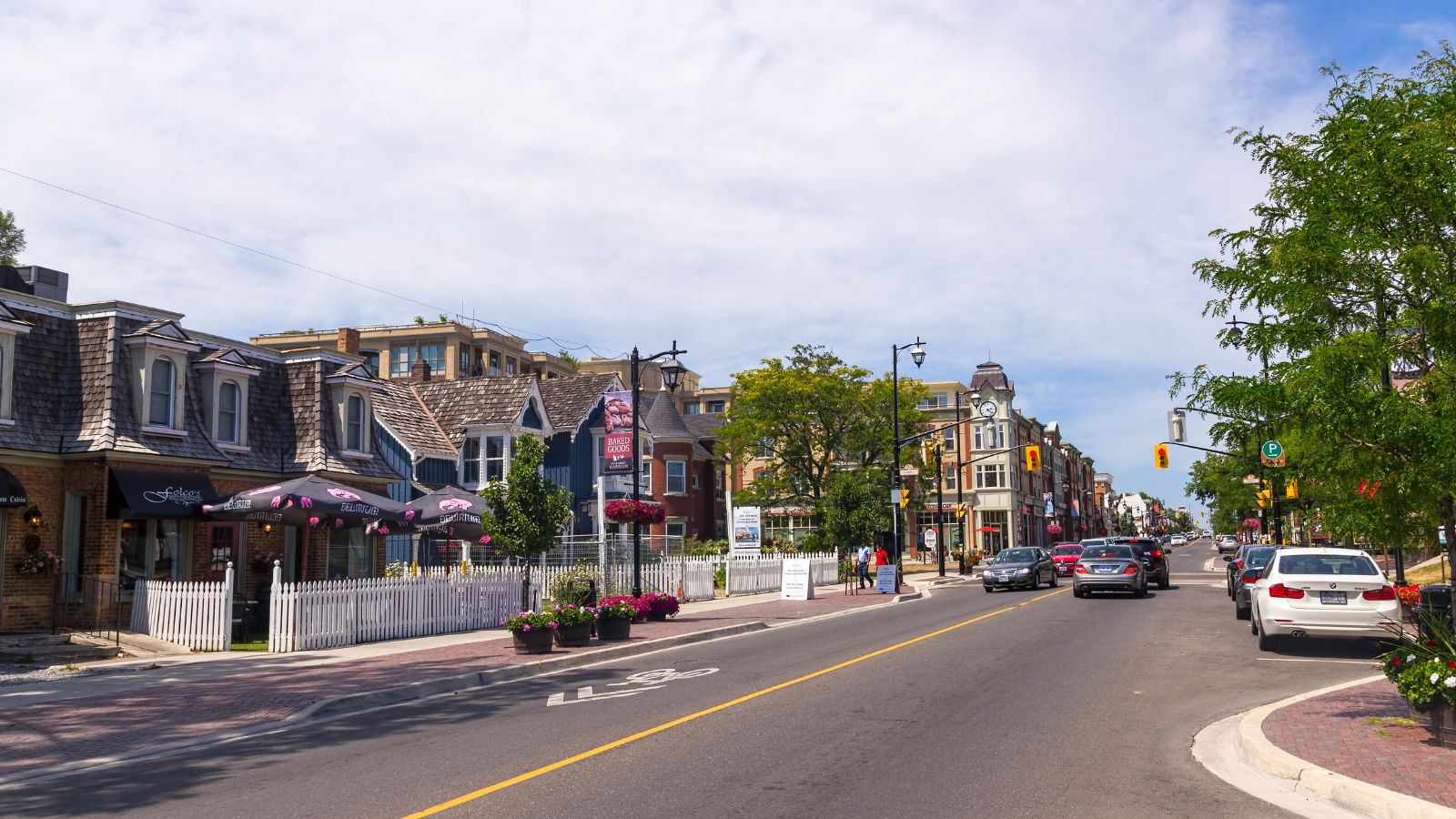
Markham is one of the most diverse and rapidly growing municipalities in Canada, and it’s planning smart. It has adopted aggressive climate action goals and is using data to guide development, from green roofs to electric fleet vehicles. The city also supports a thriving business scene that spans finance, tech, and design.
Tofino, British Columbia
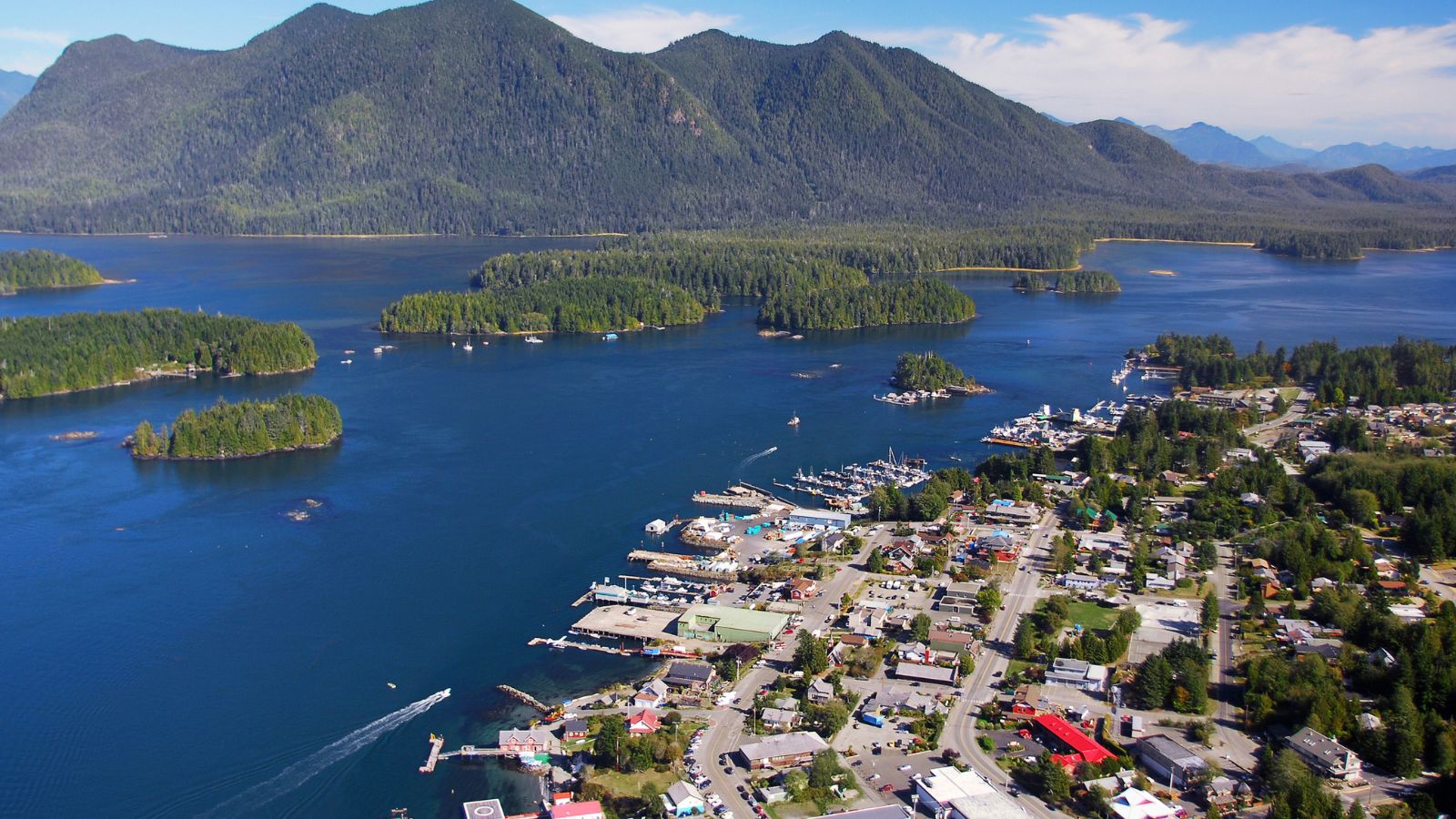
Tofino is renowned for its natural beauty, but the town is also focused on sustainable tourism and Indigenous leadership. It collaborates with the Tla-o-qui-aht First Nation to support conservation and cultural tourism in a way that benefits all. Local policies restrict overdevelopment and prioritize eco-conscious visitor experiences. Tofino is preserving its paradise while planning for long-term community well-being.
Regina, Saskatchewan
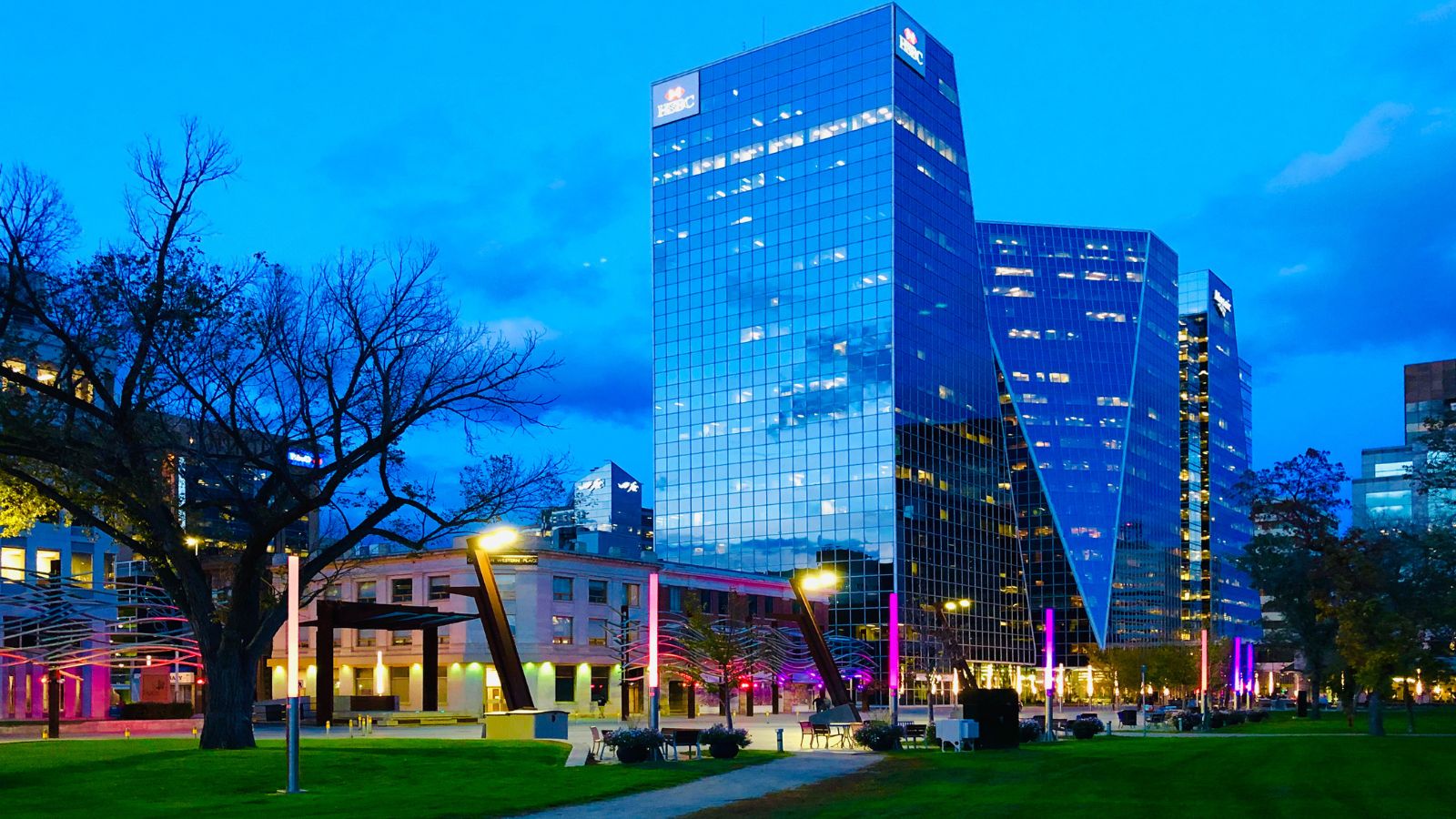
Regina is reshaping its prairie-city identity through urban revitalization and innovation zones. With a focus on renewable energy, agri-tech, and creative industries, it’s attracting investment while empowering residents. The city is building community hubs that bring people together for everything from education to entrepreneurship. Regina’s growth is grounded in equity and sustainability.
Nelson, British Columbia
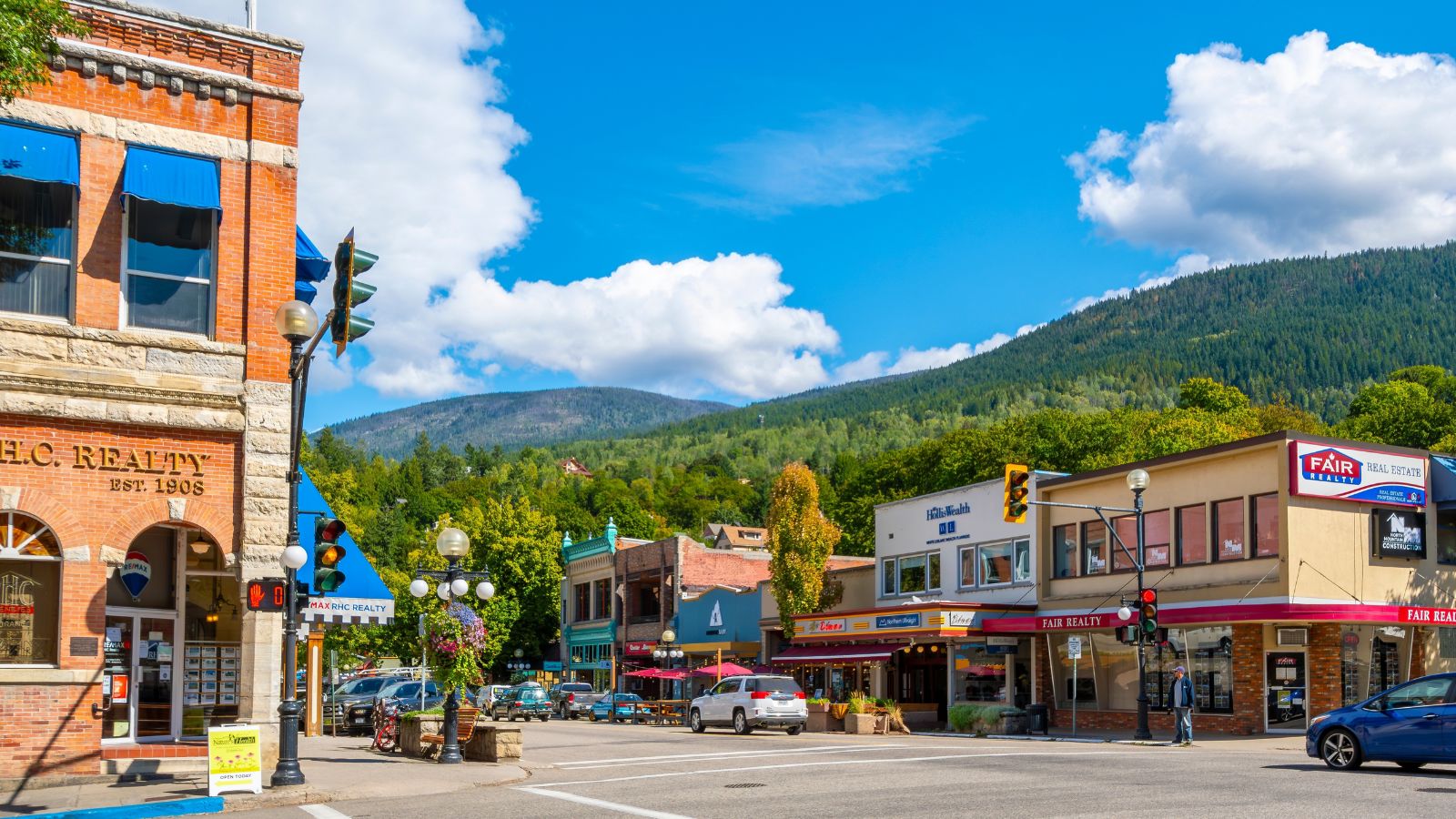
Situated in the Kootenays, Nelson is punching above its weight in environmental activism and alternative energy. Solar co-ops, community resilience programs, and local food networks keep this small city forward-focused. It also embraces arts and alternative education, nurturing a culture of creativity and critical thinking. Nelson proves that being small doesn’t mean you can’t lead in big ways.
Windsor, Ontario
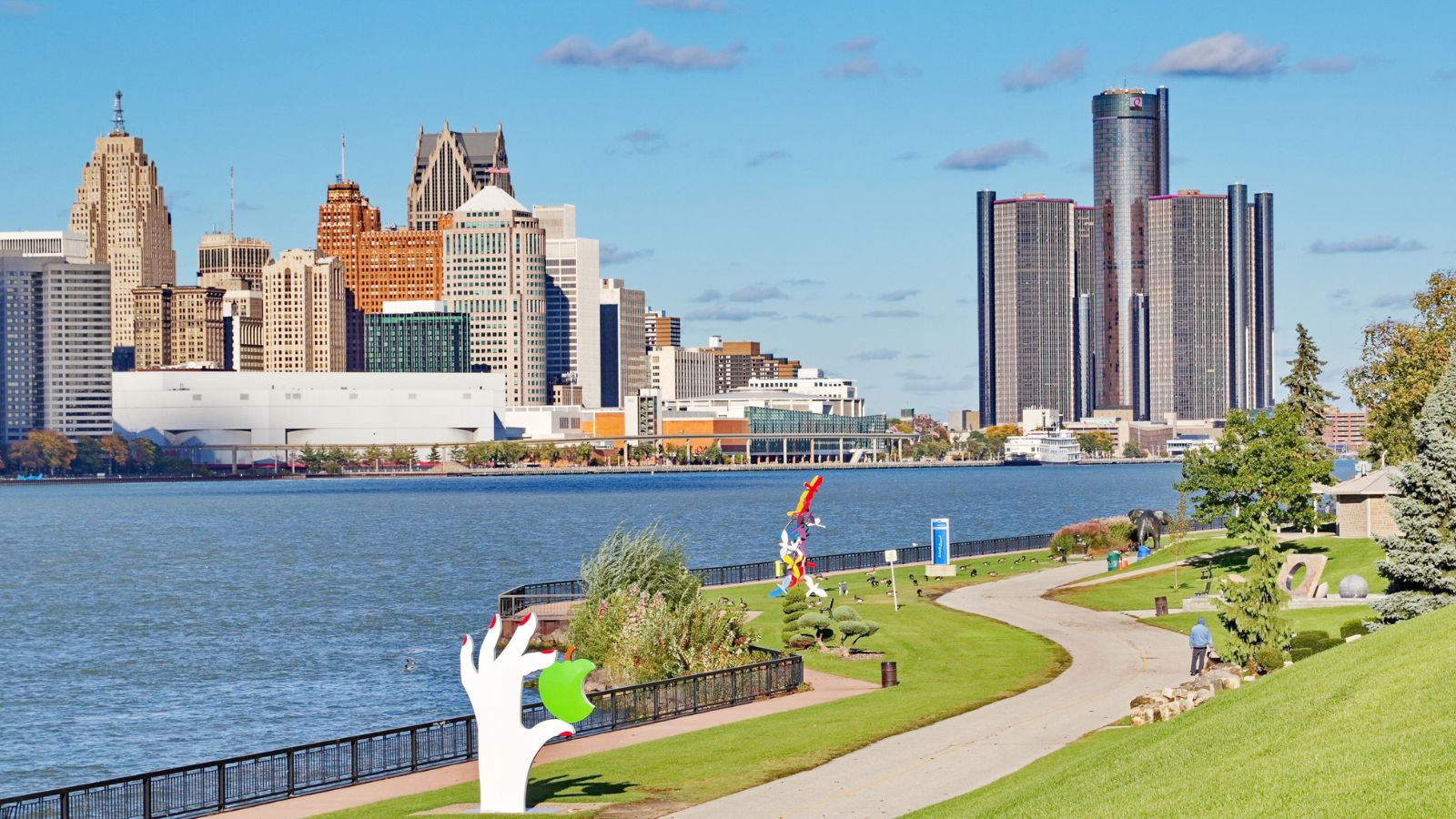
Windsor is positioning itself as a hub for automotive innovation and green manufacturing. As Canada’s automotive sector evolves, Windsor is investing in electric vehicle research, sustainable transit, and industrial retraining. Its transformation is anchored by educational institutions and strong cross-border relationships. Windsor is reclaiming its industrial roots in a cleaner, smarter future.
Fredericton, New Brunswick
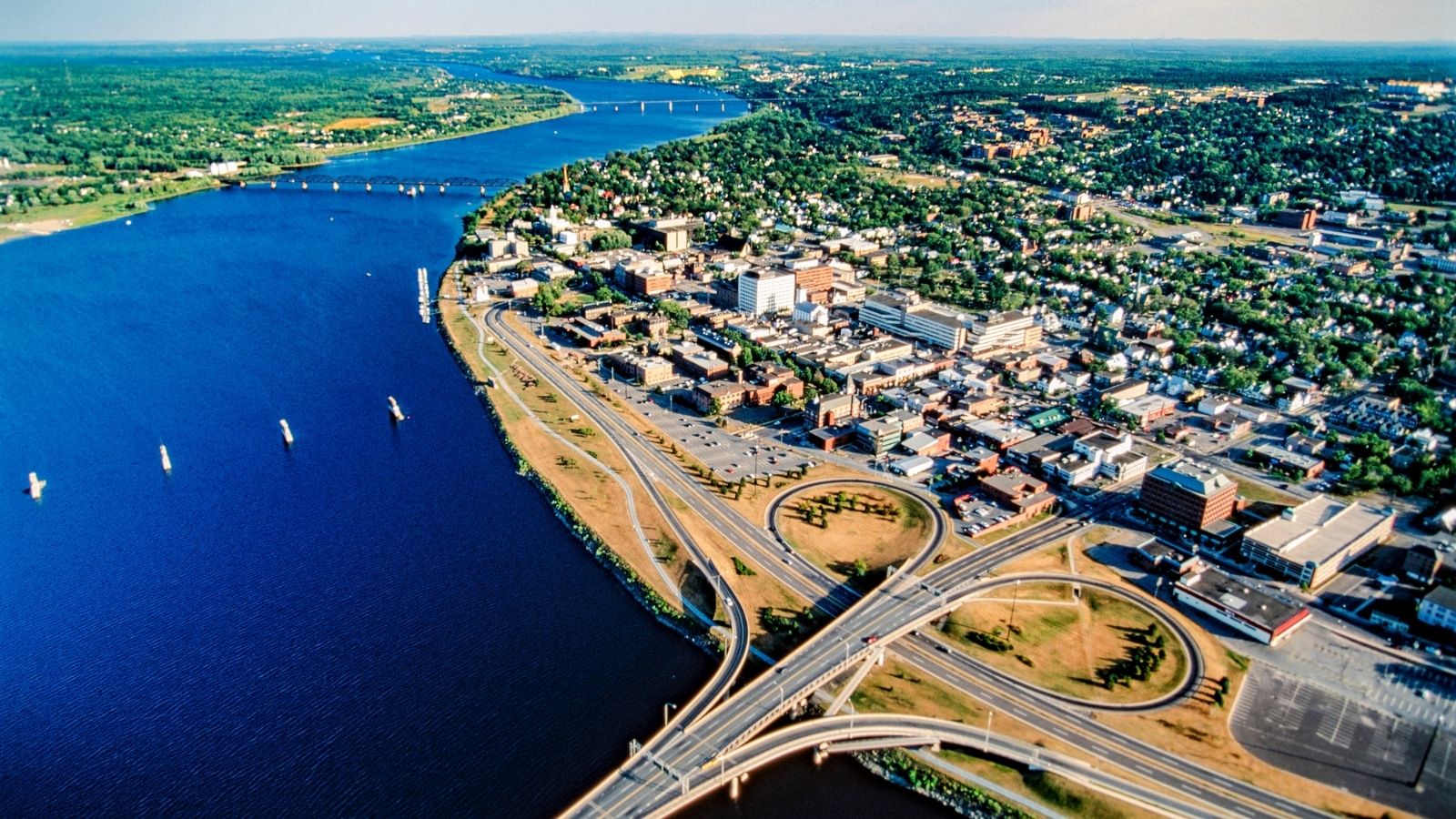
Fredericton has built a reputation as a smart city with a robust innovation district. It supports entrepreneurs in cyber security, clean tech, and health sciences. Community support programs help newcomers and rural populations access services and digital tools. Fredericton’s inclusive approach to growth ensures no one is left behind in the digital economy.
Thunder Bay, Ontario
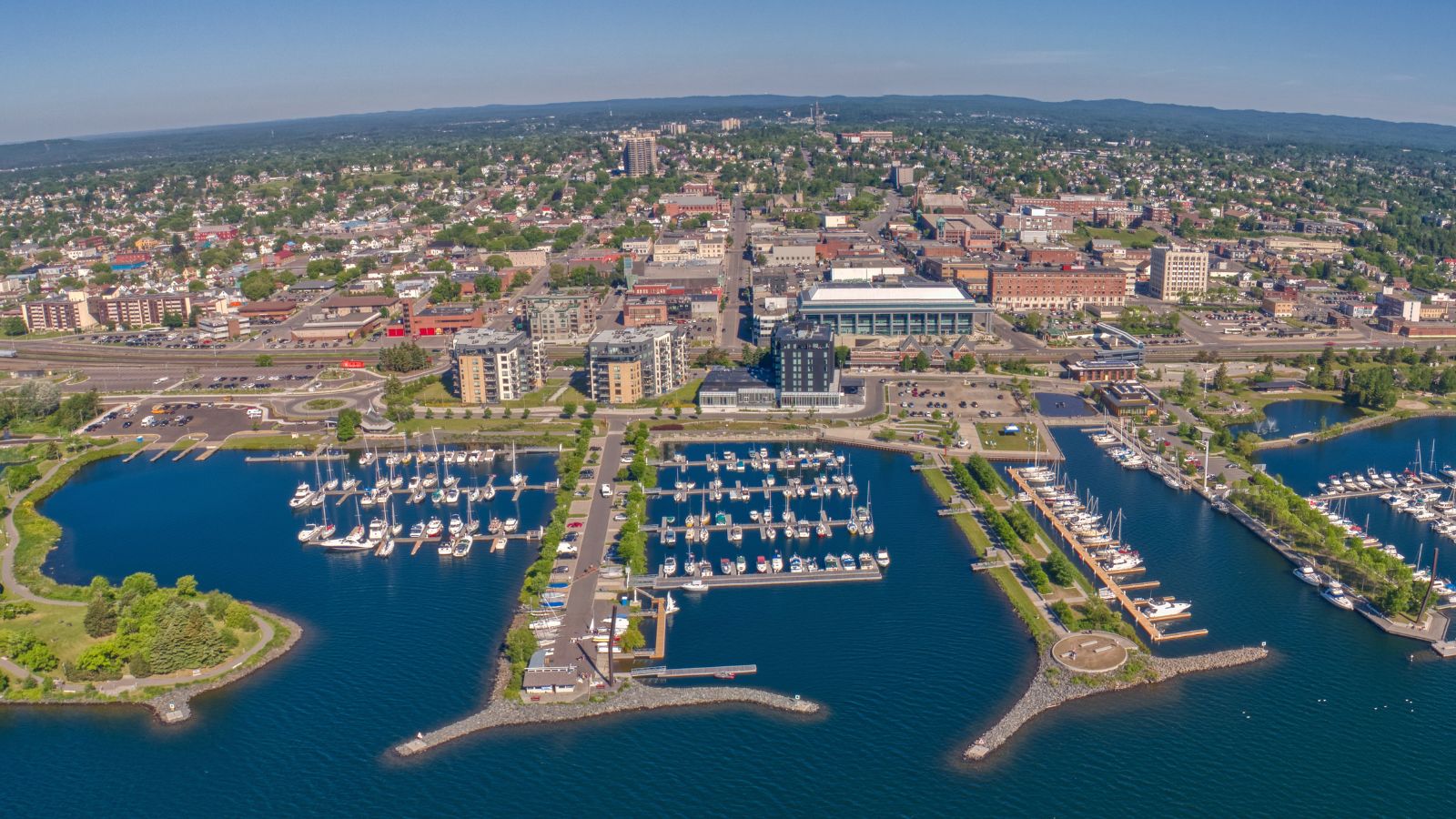
Thunder Bay is addressing historical inequities while shaping a community rooted in wellness and sustainability. It invests in urban Indigenous programming, mental health initiatives, and green spaces. Community gardens and local food programs are helping rebuild food sovereignty. This northern city is leading a movement toward reconciliation and holistic development.
Lethbridge, Alberta
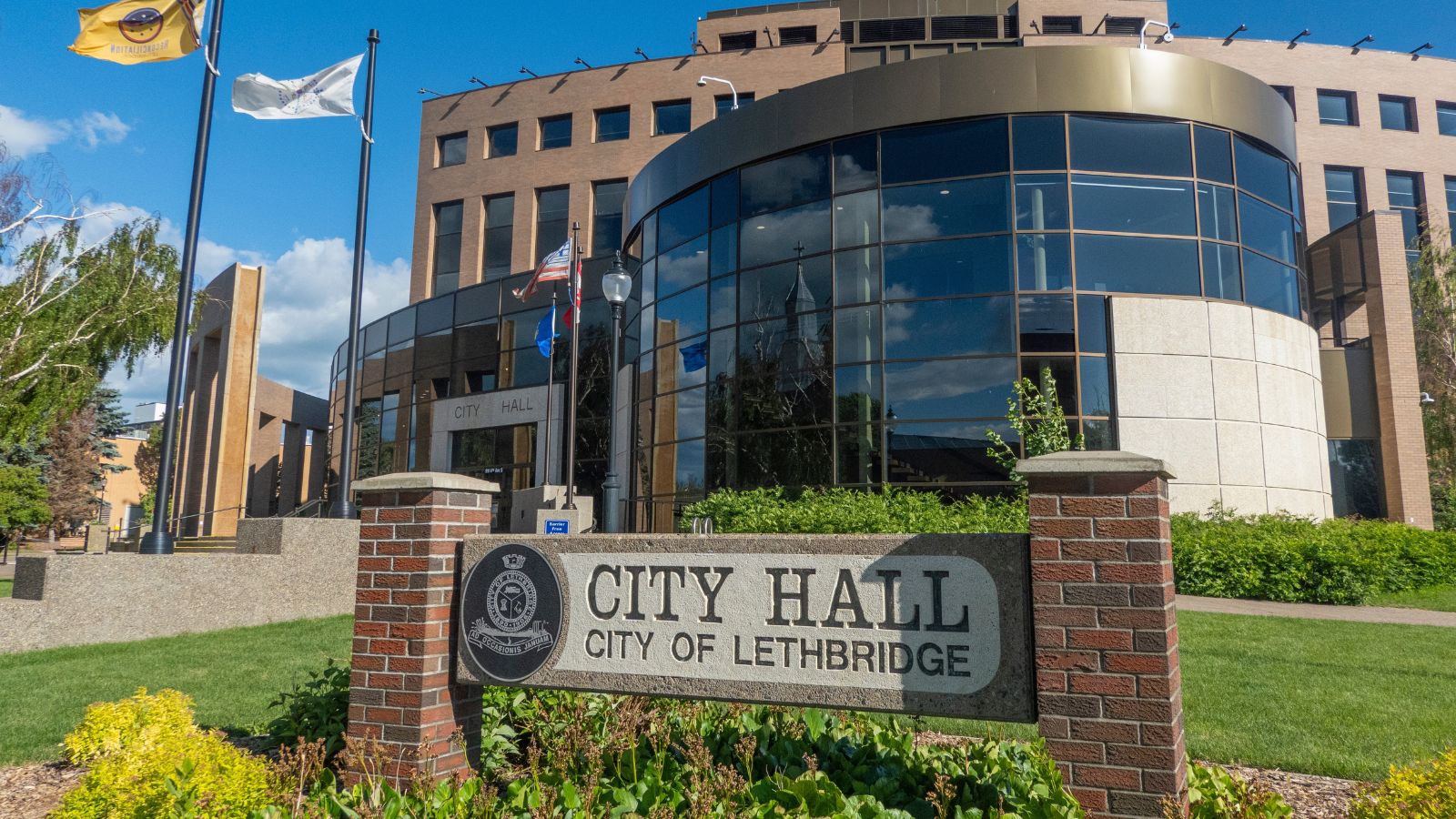
Lethbridge has become a centre for agricultural innovation and environmental stewardship. With research institutions and public-private partnerships, the city is exploring regenerative farming and efficient water use. It’s also enhancing downtown livability and public transit. Lethbridge is showing how even traditional economies can pivot toward sustainable growth.
Dawson Creek, British Columbia
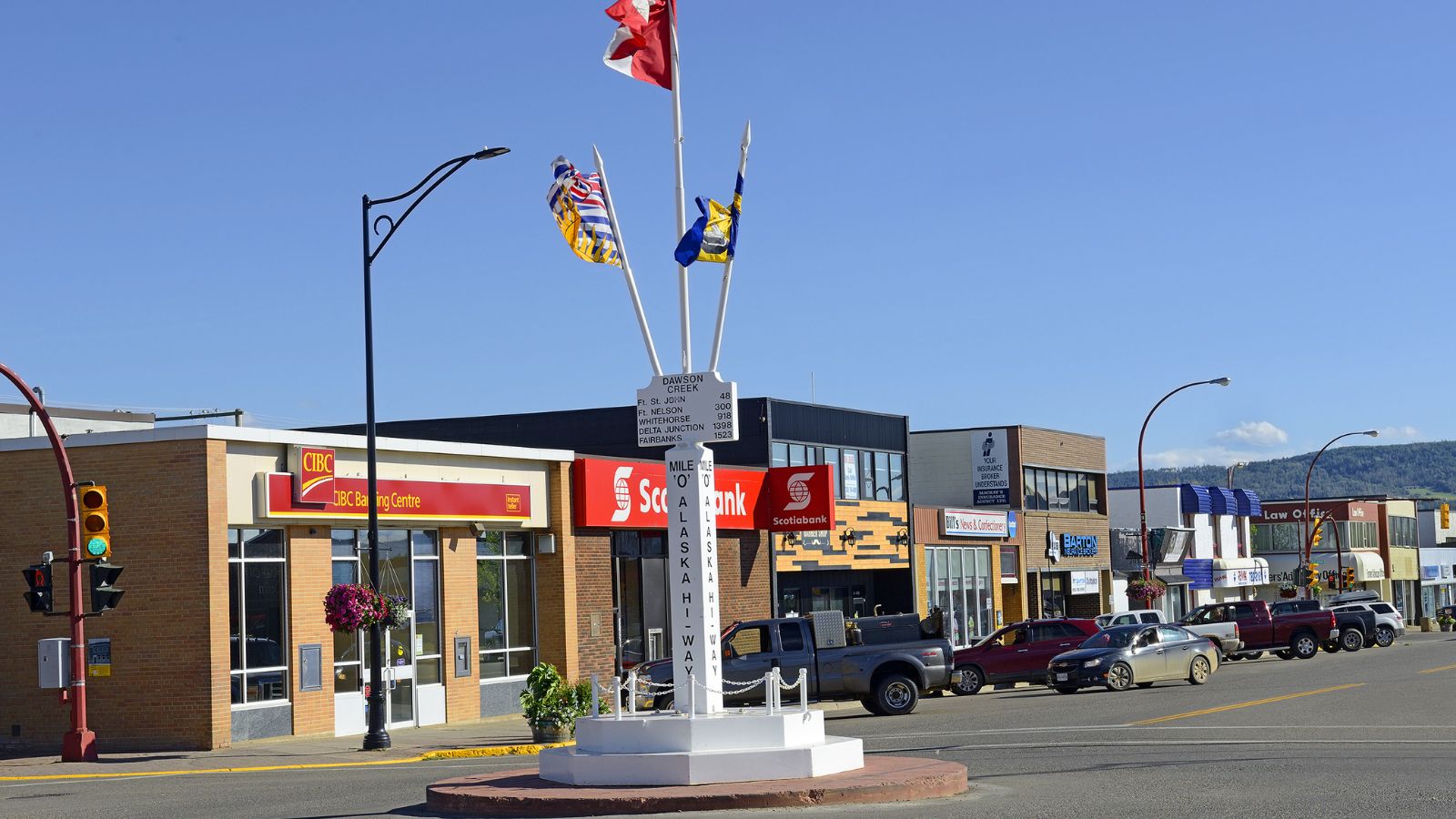
Located in northeastern B.C., Dawson Creek is diversifying its economy through clean energy and workforce development. Wind and solar projects are on the rise, supported by vocational training programs that equip locals for future jobs. Community initiatives also include affordable housing and downtown revitalization. Dawson Creek demonstrates how resource towns can reimagine their future with purpose and pragmatism.
21 Products Canadians Should Stockpile Before Tariffs Hit

If trade tensions escalate between Canada and the U.S., everyday essentials can suddenly disappear or skyrocket in price. Products like pantry basics and tech must-haves that depend on are deeply tied to cross-border supply chains and are likely to face various kinds of disruptions
21 Products Canadians Should Stockpile Before Tariffs Hit
